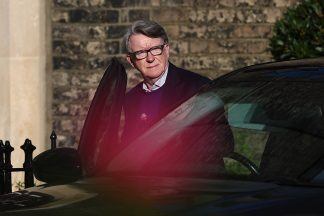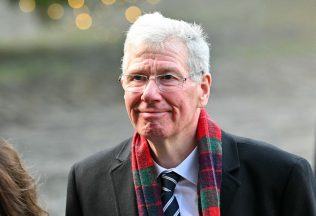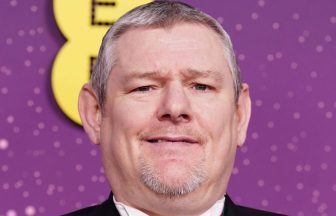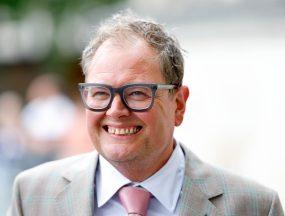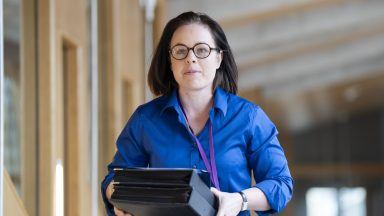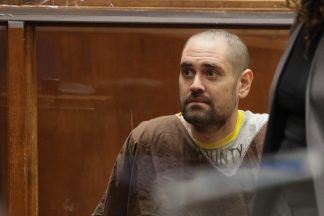Matt Hancock insists he has tried to act with “honesty and integrity” throughout the Covid-19 pandemic.
The UK health secretary made the remark as he gave evidence to MPs at Westminster’s health and science committees.
It comes after Boris Johnson’s former senior aide Dominic Cummings last month gave his own evidence to the committees, in which he made a stream of claims critical of the Government’s handling of the crisis.
Amongst those, Cummings took aim at Hancock, saying that he should have been fired for at least 15 or 20 things.
On Thursday, Hancock hit back at the former aide and told MPs that the Government has operated better in the past six months with Cummings no longer in place.
“Throughout this I have got out of bed every morning with the view and the attitude that my job is to do everything I could to save lives and get this country out of the pandemic,” said Hancock.
“I approached that with a mission-driven determination to make it happen. I tried to do that with an approach of honesty and integrity and critically answering questions both in public and in private to the best of my ability.”
Hancock said that he has “no idea” why Cummings had a dispute with him.
Asked if he knew that Cummings wanted him to be fired, Hancock told MPs: “Yes, because he briefed the newspapers at the time.
“Or somebody briefed the newspapers, I now have a better idea who that was.”
He added: “I think the best thing to say about this, and this will be corroborated by lots of people in Government, the best thing to say, is that Government has operated better in the past six months.”
The health secretary denied lying to the Prime Minister and said that he had always answered “questions both in public and in private to the best of my ability”.
Hancock also told MPs that the Government did accept and implement the scientific advice given to them, despite Cummings’ claim that the ‘following the science’ line had been used as a way to blame the scientists if things went wrong.
“My approach throughout has been that we are guided by the science, I try not to say that we follow the science,” he said.
“There are examples where ministers make decisions different to the scientific advice – one example is that when we brought back people from Wuhan in January, I was advised that they should be asked to go home and isolate and I said ‘no, they need to quarantine’.”
He added: “When it comes to the decisions around lockdown we did accept and implement the scientific advice.”
Addressing the Government’s handling of the pandemic in its early stages, the health secretary said that in January of last year, he asked the Department of Health to plan on the basis of a reasonable worst case scenario.
“I asked for a reasonable worst case scenario planning assumption, and I was given the planning assumption based on Spanish flu,” he told MPs.
“And it was signed off at Cobra on January 31, and that was a planning assumption for 820,000 deaths, and I was determined that that would not happen on my watch.”
He continued: “In the middle of February, the scientific advice confirmed that the reasonable worst case scenario should be taken as read that this was equivalent to Spanish flu.
“I mean if you think about it, at the time at the end of January when that was first presented at Cobra, I, like everybody else, thought of Spanish flu as something you’ve read about in the history books, but as health secretary, you’re always worried about new pathogens.
“But knowing that that was the reasonable worst case scenario, we planned for it.”
Follow STV News on WhatsApp
Scan the QR code on your mobile device for all the latest news from around the country




